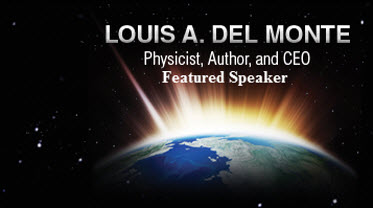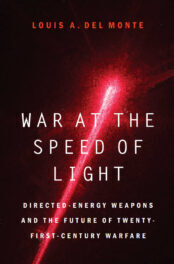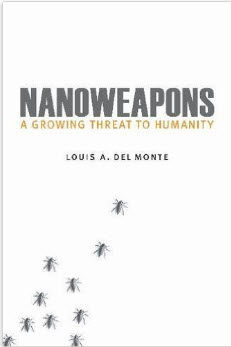We scientists talk about energy and derive equations with energy mathematically expressed in the equation as though we understand energy. The fact is, we do not. It is an indirectly observed quantity. We infer its existence. For example, in physics, we define energy as the ability of a physical system to do work on another physical system. Physics is one context that uses and defines the word energy. However, the word energy has different meanings in different contexts. Even the average person throws the term energy around in phrases like, “I don’t have any energy today,” generally inferring a lack of vigor, force, potency, zeal, push, and the like. The word energy finds its way into both the scientific community and our everyday communications, but the true essence of energy remains an enigma.
To understand what we don’t know about energy, let’s start with what we do know. We know that energy may be transferred, stored, and transformed, but it cannot be created or destroyed in an isolated system. This means the total energy of an isolated system does not change. Now, let’s understand what we don’t know. It boils down to just two points:
- We do not know how to define energy independent of context. For example, we can define and measure electrical energy in the context of an electrical system, like a light bulb. However, if we change context to a mechanical system, we need to redefine what we mean by energy and how we measure it. For example, a body in motion has kinetic energy. In physics, we define kinetic energy and we are able to measure it.
- We do not know how to create or destroy energy. Arguably, the most sacred law in physics is the conservation of energy, which states energy cannot be created or destroyed in an isolated system.
The above two points are profound and lead to the most difficult philosophical questions in physics. For example, it is widely accepted that the universe evolved from the big bang. That is to say, the universe started as an infinitely dense energy point that expanded to what we now observe as reality, the sun, planets, stars, etc. However, the most profound question in cosmology is: Where did the energy that started the big bang come from? Although, some physicists have forwarded theories to address the question, no theory has gained wide acceptance by the scientific community. It remains a profound mystery.
Our understanding of energy remains incomplete. Even when we are able to define a context, like a vacuum, that we know contains energy, we still cannot define how to measure the total amount of energy within a vacuum. It may surprise some reader to learn that vacuums contain energy and gives rise to virtual particles, which are particles that exists for a limited time, obeys some of the laws of real particles, including the Heisenberg uncertainty principle and the conservation energy. However, the kinetic energy of virtual particles may be negative. So, while it is widely accepted that vacuums contain energy, we don’t have any known way to measure the total amount of energy they contain.
As mentioned above, we truly do not know the essence of energy; we infer its existence by its effects. The effects we measure often involve utilizing fundamental concepts of science, such as mass, distance, radiation, temperature, time, and electric charge. We have learned a great deal about energy in the last century. We can infer it exists. Its existence and definition is context sensitive. We do not have any instrument to measure energy directly, independent of the context. Yet, in the last century, we have learned to harness energy in various forms. We use electrical energy to power numerous everyday items, such as computers and televisions. We have learned to unleash the energy of the atom in nuclear reactors to power, for example, cities and submarines. We have come a long way, but the fundamental essence of energy remains an enigma.











